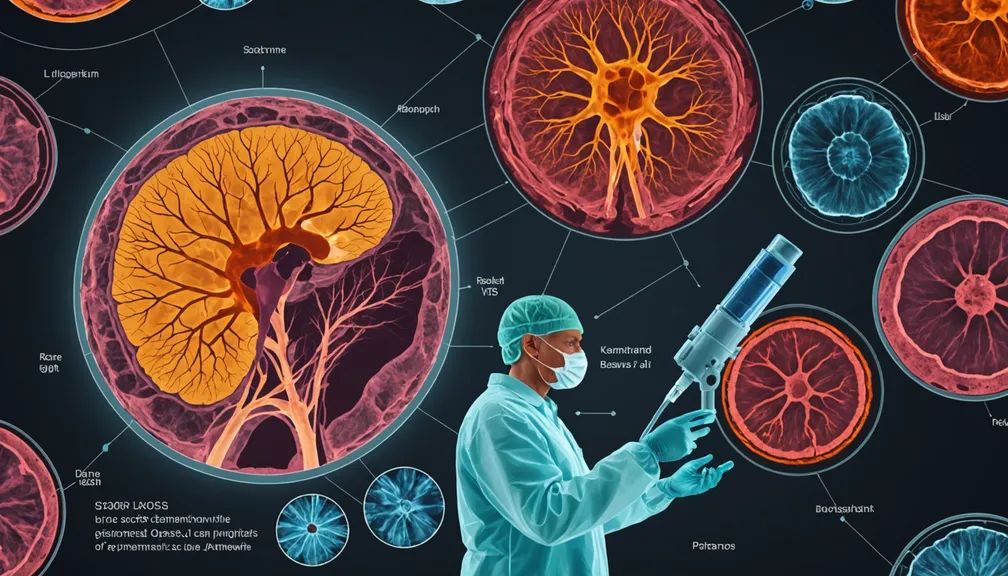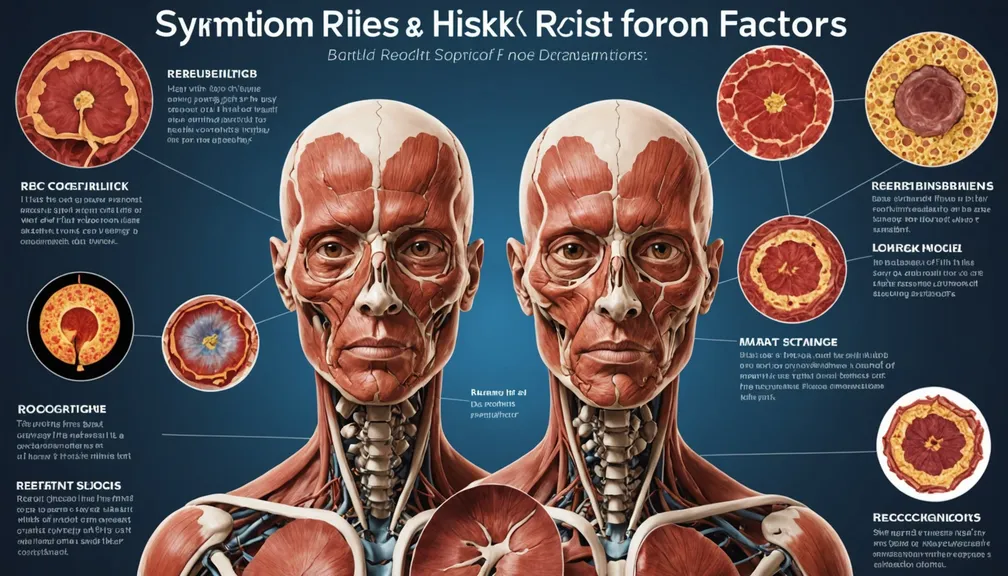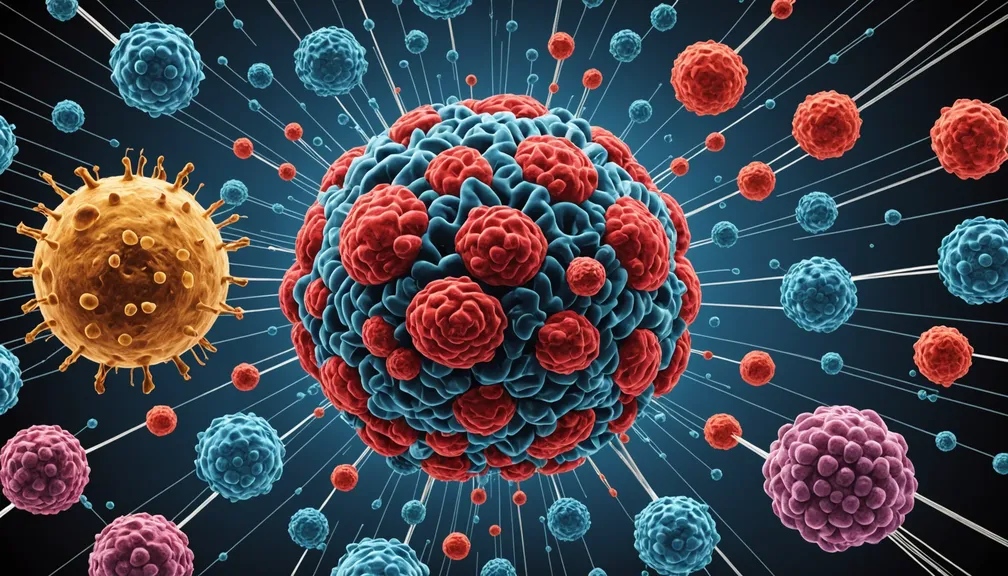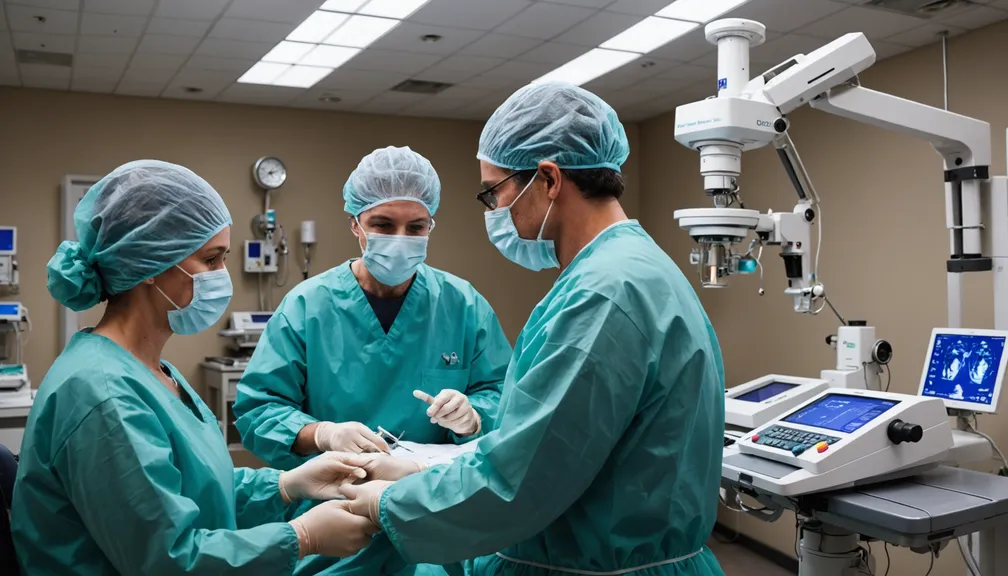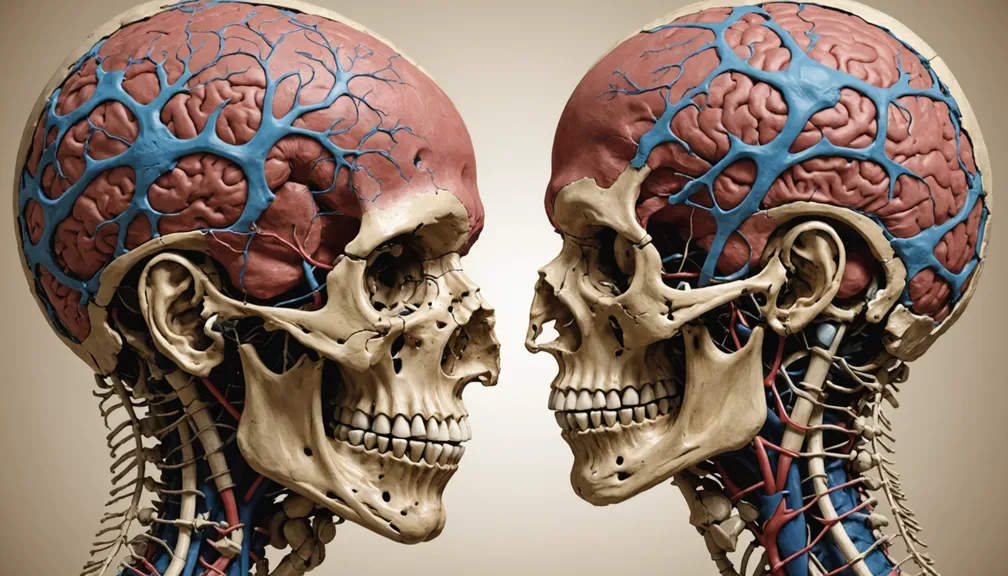Patient Stories: Experiences and Insights
Understanding Rare Solid Tumors
Rare solid tumors are uncommon cancers that form in solid organs or tissues, such as muscles, bones, and connective tissues. Unlike more common cancers, these tumors affect fewer individuals, making them less familiar to both patients and healthcare providers. Understanding the nature of rare solid tumors is the first step toward effective management and treatment.
Diagnosis Journey
Receiving a diagnosis of a rare solid tumor can be overwhelming. Many patients go through a longer diagnostic process due to the rarity and complexity of these cancers.
- Initial Symptoms: Symptoms vary widely depending on the tumor's location but may include pain, swelling, or unexplained weight loss.
- Medical Tests: Diagnosing often requires multiple tests, such as imaging scans (MRI, CT, PET), biopsies, and blood tests.
- Second Opinions: Seeking a second opinion can be valuable to confirm the diagnosis and explore all treatment options.
Treatment Experiences
Treatment for rare solid tumors is tailored to each patient's specific type of cancer and overall health. Common treatment approaches include:
- Surgery: Removing the tumor is often the first step if it's operable.
- Chemotherapy: Uses drugs to kill cancer cells or stop their growth.
- Radiation Therapy: Employs high-energy rays to target and destroy cancer cells.
- Targeted Therapy: Focuses on specific molecules involved in cancer growth.
- Immunotherapy: Boosts the body's immune system to fight cancer more effectively.
Patient Insight: Many patients find that participating in clinical trials can provide access to cutting-edge treatments not widely available.
Emotional and Psychological Support
Dealing with a rare solid tumor involves significant emotional challenges. Support systems are crucial for maintaining mental well-being.
- Counseling: Professional counselors can help patients and their families navigate the emotional landscape of a cancer diagnosis.
- Support Groups: Connecting with others facing similar challenges can provide comfort and practical advice.
- Mindfulness and Relaxation Techniques: Practices like meditation and yoga can reduce stress and improve quality of life.
Patient Insight: Building a strong support network, including friends, family, and healthcare professionals, can make a substantial difference in coping with the disease.
Living with a Rare Solid Tumor
Managing daily life while undergoing treatment requires adjustments and resilience.
- Lifestyle Changes: Incorporating a balanced diet, regular exercise, and adequate rest can support overall health.
- Managing Side Effects: Treatments may cause side effects such as fatigue, nausea, or pain. Communicating with healthcare providers about these issues is essential for effective management.
- Work and Finances: Navigating employment and financial concerns may require assistance from social workers or financial advisors.
Patient Insight: Setting realistic goals and prioritizing self-care can help maintain a sense of normalcy and control.
Advice from Patients
Hearing from those who have walked a similar path can provide invaluable guidance and hope.
- Stay Informed: Educate yourself about your specific type of tumor and treatment options.
- Advocate for Yourself: Don’t hesitate to ask questions and seek information from your healthcare team.
- Stay Positive: Maintaining a hopeful outlook can positively impact your treatment journey and overall well-being.
- Connect with Others: Building relationships with fellow patients can offer support and shared experiences.
Healthcare Team and Support
A multidisciplinary team of healthcare professionals is essential for comprehensive care.
- Oncologists: Specialize in cancer treatment and oversee the overall management of the disease.
- Surgeons: Perform operations to remove tumors when possible.
- Radiologists: Conduct and interpret imaging studies critical for diagnosis and treatment planning.
- Pathologists: Analyze tissue samples to determine the exact type of tumor.
- Nurses and Nurse Navigators: Provide day-to-day care, coordinate services, and support patients through their treatment journey.
- Social Workers and Psychologists: Assist with emotional support, financial concerns, and access to resources.
- Physical Therapists: Help maintain mobility and manage physical side effects of treatment.
- Nutritionists: Offer guidance on maintaining a healthy diet during treatment.
Patient Insight: Building a strong relationship with your healthcare team ensures that you receive personalized and effective care tailored to your unique needs.
By sharing and learning from patient stories, individuals facing rare solid tumors can gain valuable insights, find support, and empower themselves in their journey toward recovery and improved quality of life.
